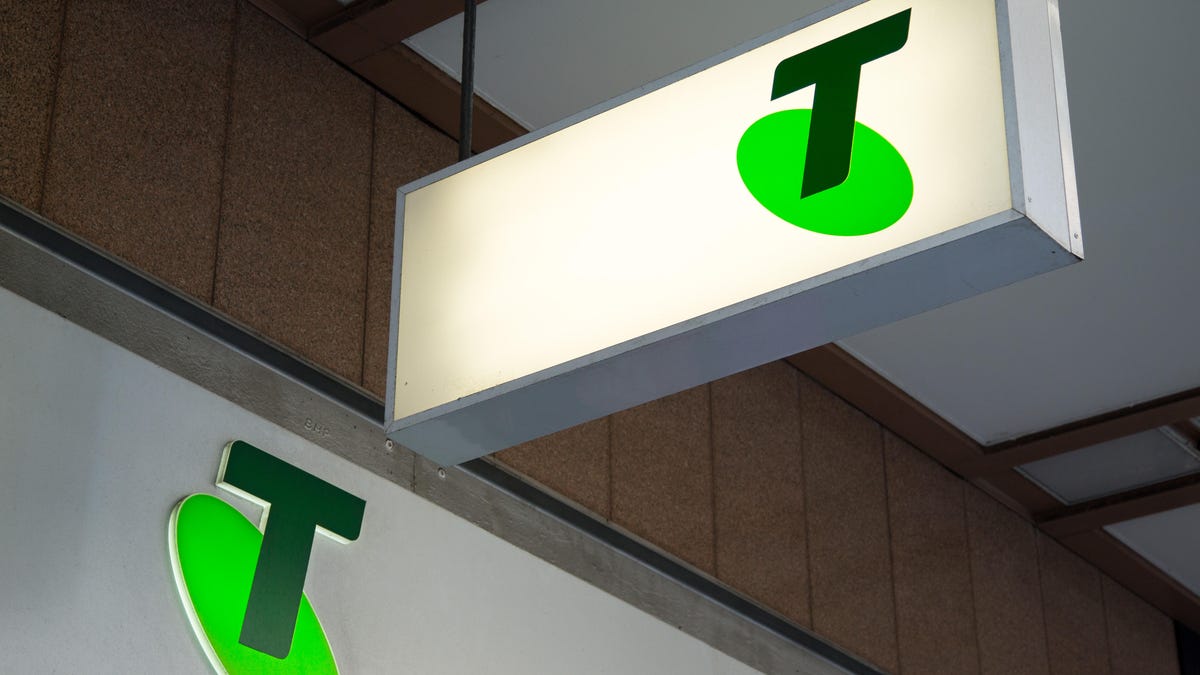Telstra hit with $10M fine over suspect billing practices
Telstra let customers pay for apps and games through their phone bill, but now the telco is facing court for charges customers never knew they were paying.

Telstra has admitted it may have charged up to 100,000 customers for third-party content like apps and games without them knowing, and will pay a fine of AU$10 million for the mistake.
The penalty relates to so-called "premium direct billing" charges it made on customer accounts during 2015 and 2016.
Premium direct billing (PBD) allows telco customers to sign up for third-party content like ringtones, games and apps and have the cost directly charged to their phone bill. Also known as direct carrier billing, it's been spruiked by telcos as an easy way to access content quickly without having to enter a credit card. But the industry has cooled on it, with Optus stopping the service on 31 January this year and Telstra following suit on 3 March.
Now, according to consumer watchdog the ACCC, Telstra allowed its customers to sign up for this third-party content without having to enter their payment details or verify their identity, and without actually realising they were being charged.
"Many Telstra customers paid for content they did not want, did not use, and had difficulty unsubscribing from," said ACCC Chairman Rod Sims.
"Telstra knew that the Premium Direct Billing service it operated led to large numbers of its customers being billed for purchases made without their knowledge or consent. Despite this, Telstra continued to bill customers, making substantial revenue from the service at the expense of customers."
According to an ACCC statement, Telstra earned AU$61.7 million through premium direct billing (until October 2017) with services charged to 2.7 million mobile numbers. Both the ACCC and Telstra have agreed on a joint submission to the Federal Court, and Telstra has agreed to pay fines totalling AU$10 million for breaking the Australian Consumer Law.
Telstra's group executive of consumer and small business Vicky Brady apologised to customers, saying that while many Telstra users were happy with the service, others were charged for things they didn't knowingly request and couldn't opt out of.
"The number of complaints received over time shows there were issues with the PDB service that needed to be addressed… Telstra took a number of steps to improve our processes but acknowledge we could have done more and done it faster."
Tech Enabled: CNET chronicles tech's role in providing new kinds of accessibility.
Virtual reality 101: CNET tells you everything you need to know about VR.

